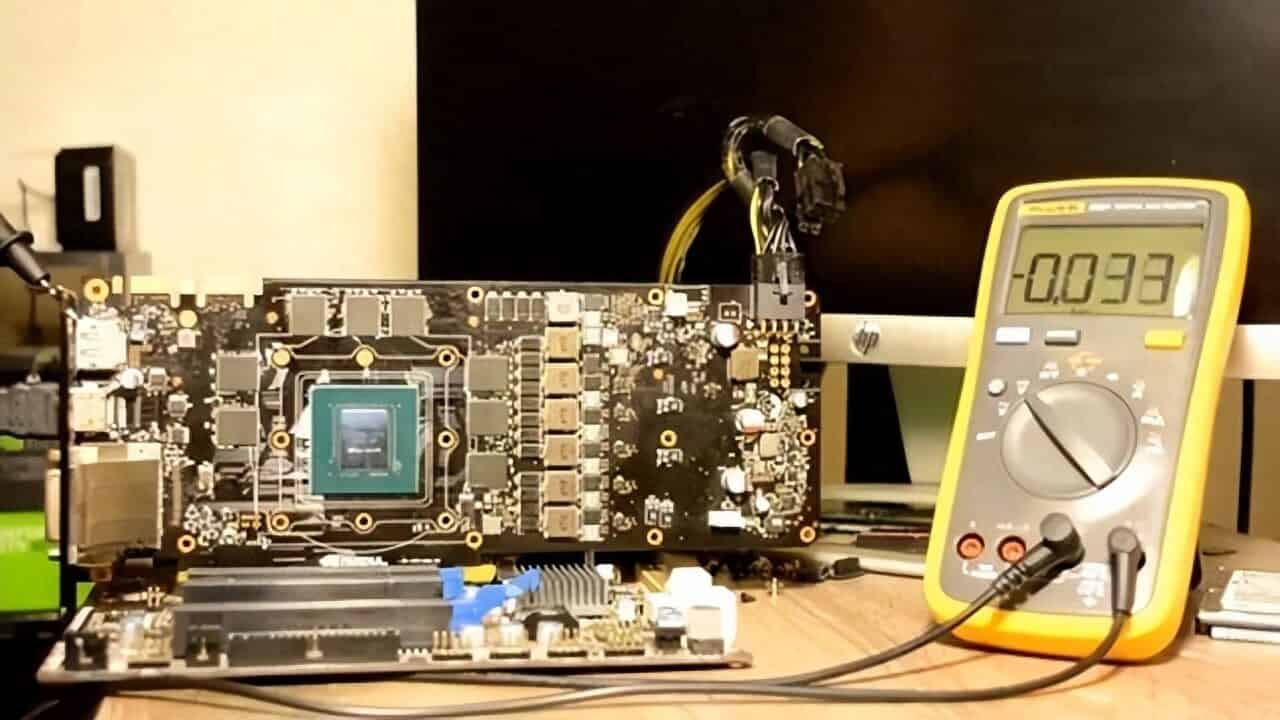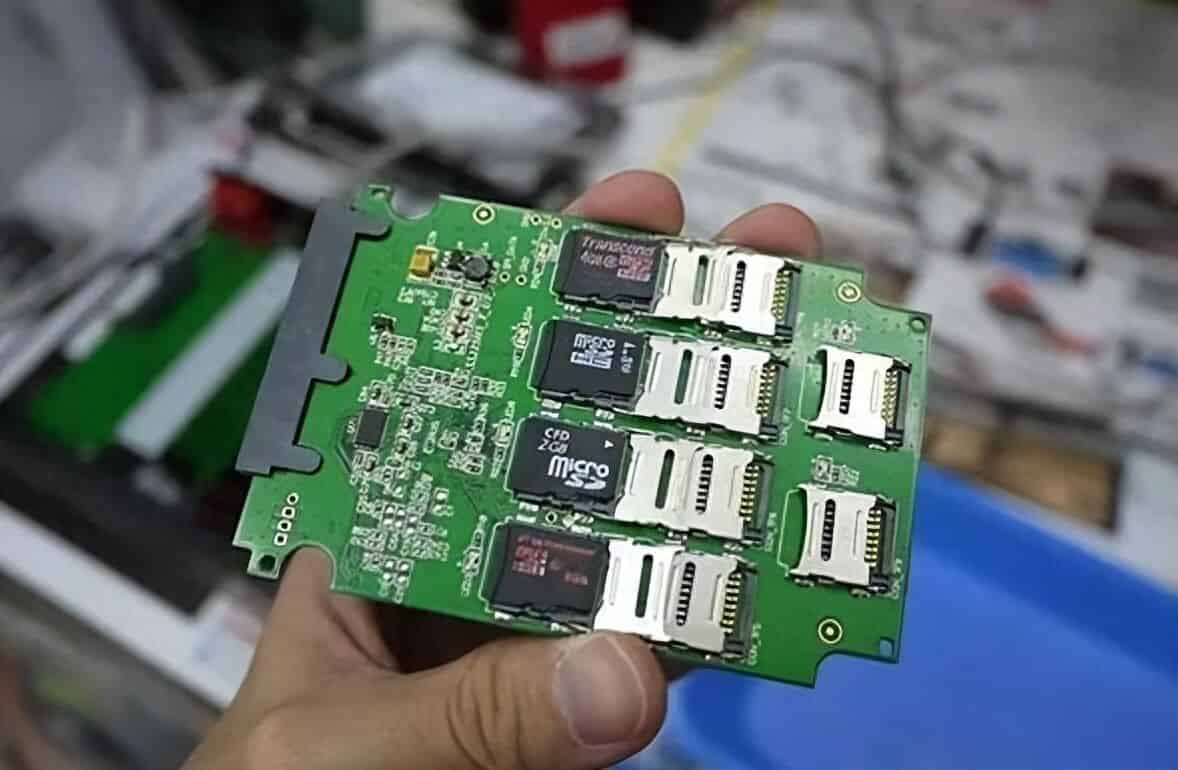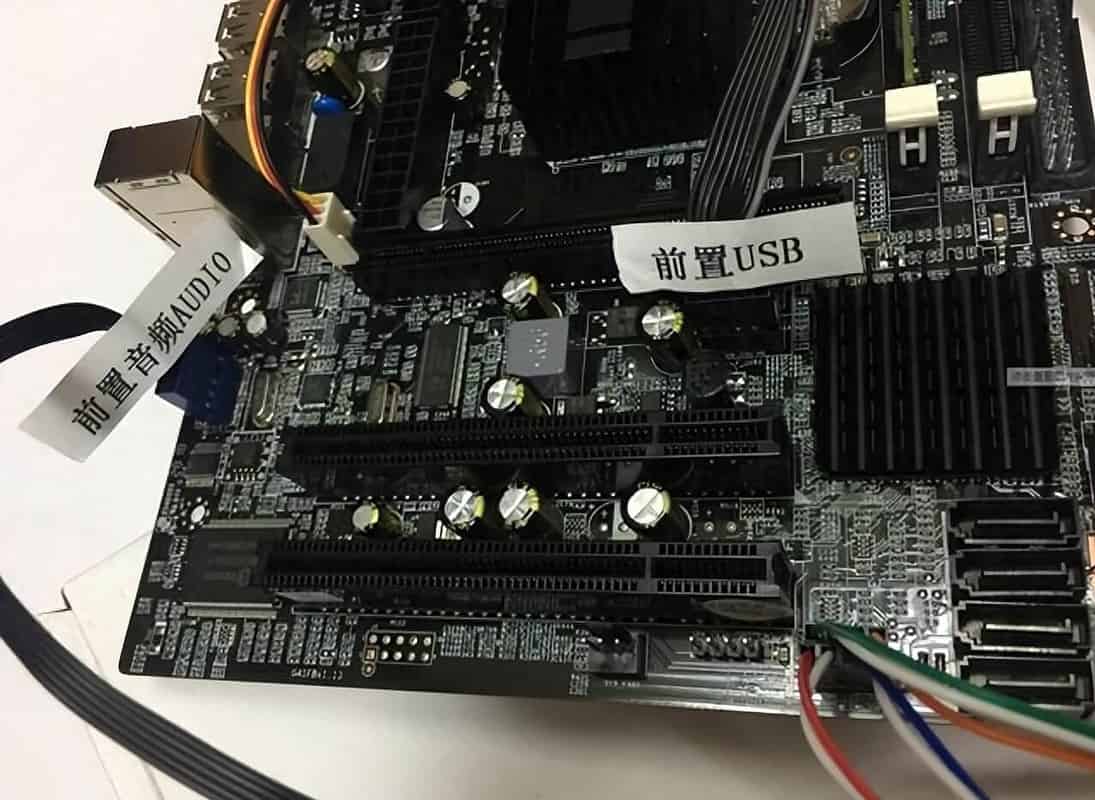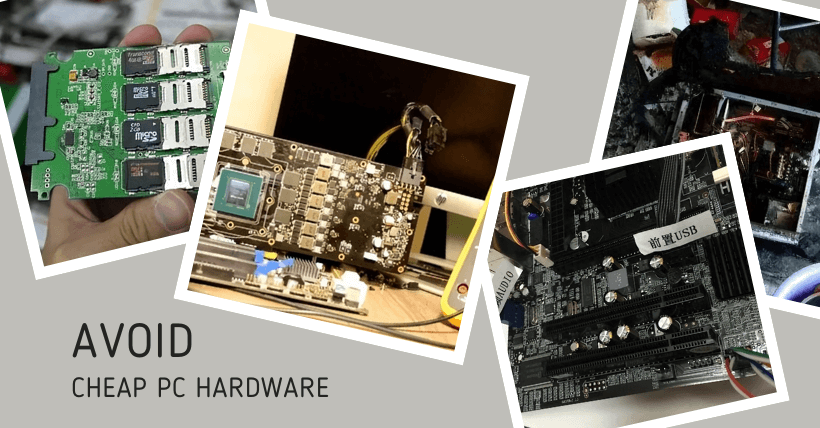Many users, when assembling their computers, want to stay within their budget and pursue higher chipsets or hardware upgrades. In the end, some hardware components end up being the basic, entry-level version, from brands they might not have even heard of. These products actually have quite a few hidden risks. What are the consequences of using these entry-level hardware components?
01
Entry-Level Graphics Cards: Short Lifespan, no Support for Off-Brand Products
As gaming enthusiasts focus heavily on their hardware when building their PCs, they often aim for higher chipset quality within the same budget. This pursuit has given rise to ‘entry-level’ graphics cards. Apart from the GPU chipset, these budget graphics cards have subpar PCB boards, and memory, and use lower-quality components, ultimately resulting in concerns about their lifespan.
In high-load environments like gaming, these graphics cards are prone to screen flickering issues and can become unusable in a relatively short time.

Moreover, we are well aware that the manufacturing process for graphics cards is highly complex. Without the meticulous tuning and engineering of hardware experts, there can be numerous issues related to their long-term use and maintenance. When it comes to graphics cards produced by smaller, less-known manufacturers, getting post-purchase support can be exceptionally challenging, and you might be left without a working card for an extended period.
02
Entry-Level Memory and SSDs: Blue Screens and Data Loss!
When it comes to storage, using off-brand products can lead to issues like blue screens and data loss. The origins of the flash memory chips used in most off-brand memory and SSDs are often unclear, with the majority being recycled ‘foreign rubbish,’ lacking any stability.

Incredibly, some off-brand SSDs are found to be assembled using SD card components.
Certain entry-level memory modules have very low frequencies and may even encounter compatibility problems. In everyday usage, this can occasionally result in blue screens and other issues. On the other hand, entry-level SSDs have notably short lifespans, with their performance dropping significantly after just 2-3 years. In some cases, their speeds may even fall behind those of traditional mechanical hard drives.
03
Entry-Level Motherboards: Frequent Network Interruptions, Poor Sound Quality, CPU Throttling
Motherboards integrate components such as sound cards, network adapters, and various smart chips. When opting for a budget motherboard, there’s a high likelihood of compromising the overall user experience, especially in aspects like networking and audio quality. Some motherboards, due to their subpar components, may even experience occasional network interruptions, even with wired connections. Furthermore, the onboard audio quality may significantly degrade when using the built-in audio interface and connecting external speakers.

In addition, some inexpensive motherboards come with simplified CPU power delivery systems, which directly impact CPU performance and stability. These limitations result in the CPU’s inability to reach its full clock speed potential. Moreover, the PCIe slots on these budget motherboards often run at reduced 8X speeds, preventing even high-performance graphics cards from unleashing their full potential, ultimately hampering overall system speed.
04
Entry-Level Power Supplies: Potential for System Crashes, Hardware Damage, and Fire Hazards
Finally, one of the most critical components where you should avoid using entry-level hardware is the power supply!
The power supply unit, often referred to as the ‘heart’ of the power system, comes in many off-brand and entry-level variations. Some of the PC power supplies produced by small, unregulated workshops are often falsely labeled and notorious for causing graphics cards and motherboard failures due to frequent instances of overheating. In extreme cases, these subpar power supplies can lead to short circuits and fires, posing a significant fire hazard and endangering the entire room.

05
Words in the End
So, while entry-level hardware might bring a moment of joy when you first purchase your computer, the subsequent problems can be overwhelming. Users should make sensible choices when assembling their systems and not solely chase after cheaper options. In the long run, the benefits of avoiding entry-level components far outweigh the initial cost savings.

Related:



